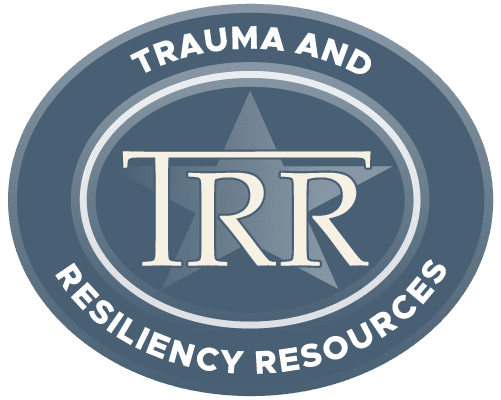A blog about our article was forwarded to us from a colleague in the equine industry. There does not seem to be a way to leave a comment on the blog author’s website so we are posting this as our response in a way that can encourage dialogue. The links to the blog we are responding to, as well as our original article, are below.
In our published article, “Why We Don’t Ride: Equine Assisted Psychotherapy, Military Veterans and Moral Injury,” we very carefully do not say that horse riding is “contraindicated for the psychological treatment of veterans with moral injury.” This is because it blurs the very lines we meticulously kept clear: we address, not treat, moral injury, not as a psychological problem or disorder, but as an existential phenomenon of the human post war experience. This is not, strictly speaking, “psychological treatment.” We are not trying to soothe the limbic nervous system, or align the brain systems–we have other tools for that; we assume that moral injury becomes more pronounced AS the limbic system comes into alignment through EMDR and Yoga, which is why the arena is our most powerful transformative space, and which is why we emphasis the power of the ground work; that’s where moral injury healing takes place. Even while your blog recognizes our distinctions between moral injury and ptsd, it is our observation that you, unwittingly, fell right back into the trap of amalgamating them. We are not denying the nice things you documented about riding horses in general, but are alerting to the danger of putting a morally injured veteran on a horse to attain a therapeutic goal related to the healing of moral injury. So, much of your blog is rather superfluous as a response to what we were actually talking about. We never say horses can’t be ridden well and with benefit to horse and rider alike, but we do stand by our experience – that a horse’s back is not the place for moral injury repair.
It is very important to clarify that we never (ever) said that horses are “victimized by mounted work.” We do say “for a war veteran we have invoked the experience of being a perpetrator in control of a victim.” But that is about the veteran’s experience, not the horse’s. Your suggestion that power and domination can invade the relationship between horse and human on the ground just as in riding seems a bit of a stretch. It is not as inherent on the ground as it could be in the saddle with bit and bridle. Moreover, we TOTALLY disagree that “the most intimate we will ever be with a horse is on its back.” That can be challenged powerfully–as if horses were creatures who were created to be ridden. They will allow us that, but that is not their purpose or their nature, any more than pulling a carriage is. They will cooperate with us and carry us, but that is not the most intimate we will ever be with a horse. We think intimacy is best experienced when the horse is free to address us or not; when the horse(s) incorporate us into their herd, rather than the reverse, true connection is made.
Over all, we think the blog article treats our perspective pretty fairly, but that the authors misunderstand some of our points. It is also the case that while they credited and cited our article, there was no link to it so that attentive readers could review what we actually said, rather than an interpretation of it. That would allow them to see the biases in both and reconcile it all in their own thought processes.
To that end, here are the links to the blog commentary, and our original article.
https://naturallifemanship.com/ride-horses-trauma-focused-equine-assisted-psychotherapy/

